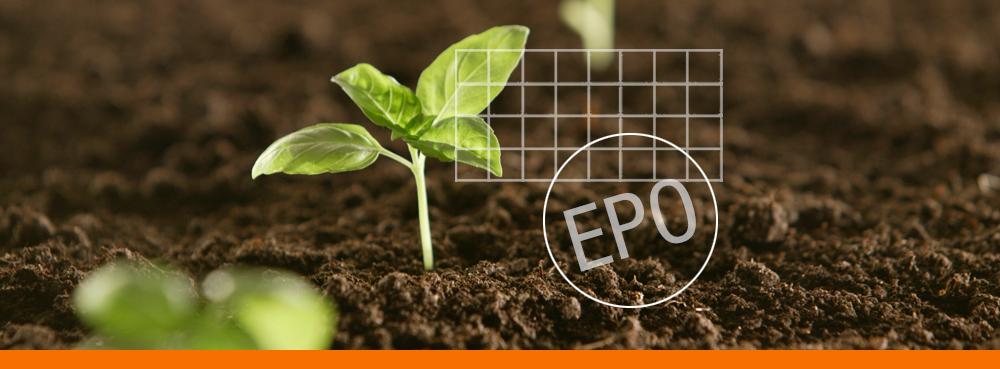EPO Plant patentability

Decisions G2/12 and G2/13 of the Enlarged Board of Appeal (EBA) of the EPO (Tomatoes II and Broccoli II) allowed the protection of plants per se, even though they had been obtained by essentially biological methods, such as plants obtained by breeding, and that essentially biological processes for the production of plants cannot be patented according to Article 53(b) EPC.
However, in a subsequent notice of the European Commission of 2016, it was stated that the intention of EU Directive 98/44 was that such plants were not patentable. Thus, by decision of the Administrative Council, new Rule 28(2) EPC was amended in 2017 to exclude plant products produced by essentially biological processes.
Notwithstanding this, in the recent decision T1063/18 of December 2018, the EPO Technical Board of Appeal overturned a decision made by the examining division of the EPO to refuse a European patent application related to pepper plants, and held that Rule 28(2) was invalid as in conflict with Article 53(b) EPC. According to Article 164(2) EPC, if an Article and a Rule are in conflict, the Article prevails. The same Board of Appeal has reiterated its position in case T2734/18, still pending.
As a consequence, the President of the EPO referred questions to the EBA on the controversial issue of patent-eligibility of plants obtained by essentially biological processes. The referral is now pending as case G3/19. Nevertheless, the admissibility of the referral might be questioned on the ground that Article 112(1)(b) EPC permits the President to refer points of law to the EBA “where two Boards of Appeal have given different decisions”, which is not the current situation.
Finally, the EPO has recently issued a notice in which examination of cases whose outcomedepends entirely on the outcome of the EBA’s decision” are stayed. The referral to the EBA might take one or two years to resolve, what will delay the resolution of pending cases in this area, both during examination and post-grant opposition and opposition appeal proceedings.
On the other hand, patent applications and patents related to plants produced by technological means not considered essentially biological processes will not be affected.
Finally, it should be borne in mind that the EPC is an international treaty and, as such, does not depend directly on the European Commission. In theory, it could be the case that the EPO grants these kind of patents, and subsequently the national courts of the EU countries consider the patents null following the directives of the European Commission; while in other countries, also belonging to the EPC but not members of the EU, it could be decided that the patents are valid.

